Bi'tha beginning point of Islam
Biʿtha means the selection of a prophet by God for the guidance of people. In the technical meaning, Bi'tha means sending a human by God toward other humans and jinn to guide them to the right path. The word is mainly used for the Prophet (PBUH) when he was chosen as a prophet.
The Prophet Muhammad (may the blessings and peace of Allah be upon him) at the age of forty in the Hira cave in Jabal an-Nour has been chosen as a prophet and the first verses of Qur'an 96 have been revealed to him.
According to historians, this great event happened on Monday in the Rajab 27 in the fortieth year after Am al-Fil and 13 years before Hijra (June 25, 610).
Bi'tha has a very remarkable position among Muslims. It actually is the beginning point of Islam, the religion that in its early years had few followers and difficult circumstances and later expands to the whole world and attracted numerous hearts. The beginning of all of that crucial change is Bi'tha.
The anniversary of the beginning of the Prophet's (PBUH) mission is among the celebrations of Shiites and is known as Eid al-Mab'ath.
Pre-Islamic era before Biʿtha
Prophet Muhammad (PBUH) was born and raised in Mecca. When he was a young man, he used to spend many hours alone in prayer and speculating over the aspects of creation.
He was concerned about the ignorance of divine guidance, social unrest, injustice, widespread discrimination (particularly against women), fighting among tribes, and abuse of tribal authorities prevalent in pre-Islamic Arabia.
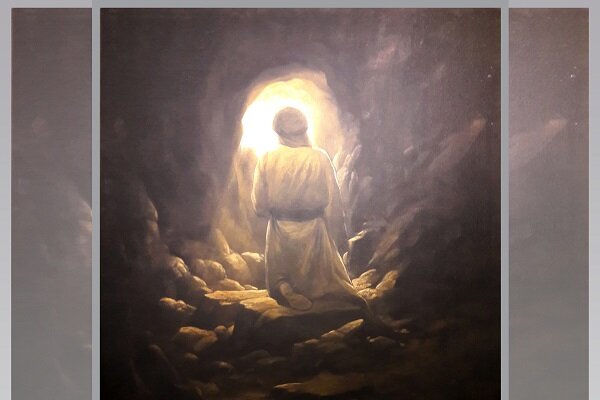
The moral degeneration of his fellow people and his own quest for a true religion further lent fuel to this, with the result that he now began to withdraw periodically to Hira cave for contemplation and reflection.
First revelation in Hira cave
In the year 610, when Prophet Muhammad (PBUH) was 40 years old, he received his first divine revelation from Allah through Angel Jibreel (Gabriel) in the Cave of Hira.
Located in Jabal al-Nour, Ghar Hira (Cave of Hira) is a small cave about 3.5 meters long and a little over 1.5 meters wide.
Jabal al-Nour is located in the Hejaz region of Saudi Arabia, just outside of Mecca. Jabal al-Nour translates to “Mountain of Light.”
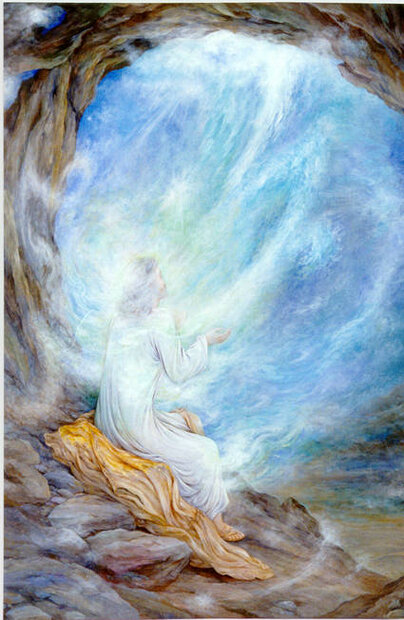
When Angel Jibreel, appeared to him he said, Read, ˹O Prophet,˺ in the Name of your Lord Who created. Created humans from a clinging clot. Read! And your Lord is the Most Generous. Who taught by the pen. Taught humanity what they knew not. Holy Quran (Al Alaq 96: 1-5).
It has been narrated that after this encounter he went to his home and asked his wife: "Cover me" but no wondering or ambiguity was narrated about this encounter because the Prophet (PBUH) was ready and capable of having a connection with the angel of revelation and the invisible world and the Prophet (s) before seeing Jabra'il, has seen its works.
Before the mission of the Prophet (PBUH) began, most people of that region were idol-worshipers. Other divine religions had some followers in different places in that region. However, after the beginning of the mission of the Prophet (s), Islam expanded, and idol-worshipping was wiped away from Hijaz.
Bi'tha beginning of formation of greatest Islamic civilization in world
Prophet Mohammad (PBUH) was chosen as the last Messenger of the great divine prophets to invite the then-society, which was immersed in ignorance and immorality, towards morality, human dignity, and self-respect.
The Bi'tha (the first revelation) of the Holy Prophet (PBUH) should be considered the beginning of the formation of the greatest Islamic and moral civilization in the world, which saved human beings from intellectual and ideological dirt throughout history.
The Holy Quran is Prophet Muhammad's (PBUH) miracle, and it is regarded as the most complete divine book.
He established new concepts such as honoring women and girls, combating oppression and idolatry, helping fellow human beings, Tawhid (monotheism), and good morals in human society. He explained the path of human beings towards blissfulness in the world and hereafter.
Eid al-Mab’ath in Iran
The revered occasion, which falls on the 27th of the month of Rajab on the Islamic lunar calendar, is a public holiday in many countries and Iran.
Muslims in Iran and across the globe are holding celebrations to commemorate this day.
On this day, Muslims gather at holy cities and sites, including Mashhad and Qom, to take part in religious feasts.
People cherish and celebrate the event by congregating in mosques for various programs, visiting friends and family, handing gifts to children, and spreading joy with different rituals unique to each region.
People also distribute sweets and congratulate each other on the streets and in previously-decorated mosques.
Complied by Marzieh Rahmani


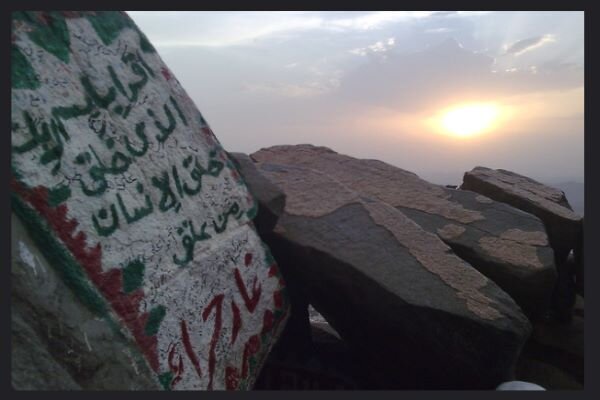
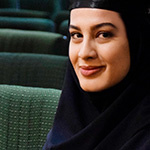



















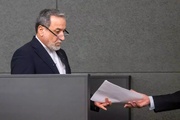



Your Comment